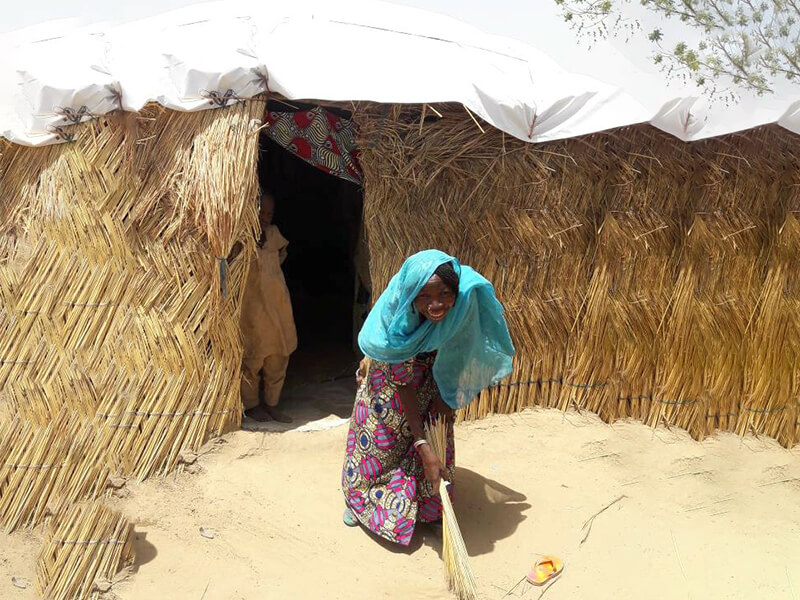Cameroon
We’re working in Cameroon, where thousands of families have fled conflict and are now living in Minawao Camp.
Imagine Boko Haram turning up in your village. You’ve not come face to face with them before – but you’ve heard the stories. The stories of violence, of suicide bombings, of kidnapping.
Your life is in danger, your family is in danger. You have no choice but to run. This situation is a reality for millions of families in Nigeria.
The violent rise of Boko Haram began in Nigeria in 2009, when the extremist group started an armed rebellion against the Nigerian government. Since then, the conflict has grown. It now spills over into the neighboring countries of Niger, Chad and Cameroon.
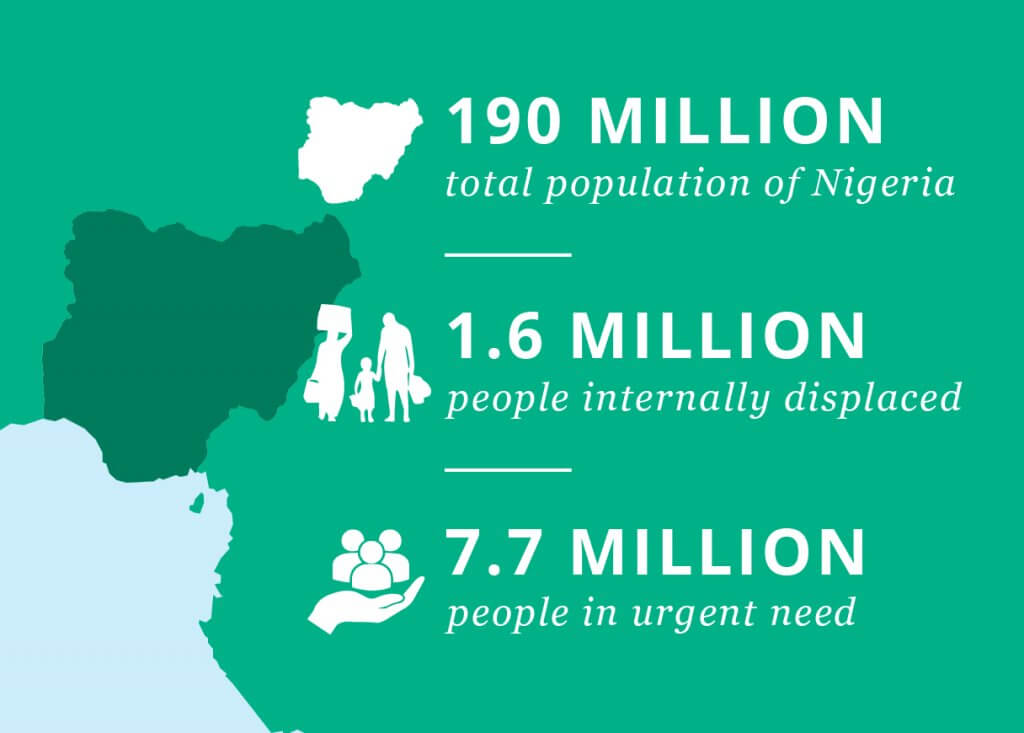
But the rise of Boko Haram violence isn’t the only factor forcing families to flee their homes. The military offensive countering Boko Haram is also causing huge displacement.
In total, 2.4 million families have fled their homes, leaving behind their crops and livelihoods. This has resulted in a food crisis, as more and more families move into poor areas and large refugee camps where shelter, food and water are scarce.
Women, in particular, are at risk, as a lack of sufficient shelter increases their vulnerability to gender-based violence.
Good, quality shelter can provide privacy, dignity and a sense of normality that cuts through the chaos.
Nigeria is the most populous country in Africa, with a total population of 190 million people.
It shares borders with Benin, Niger, Chad and Cameroon. Its coast in the south is located on the Gulf of Guinea in the Atlantic Ocean.
Boko Haram’s heartland and main areas of control are in northeast Nigeria.
But the impact is felt far beyond this region, as families flee to neighboring countries to escape the violence.
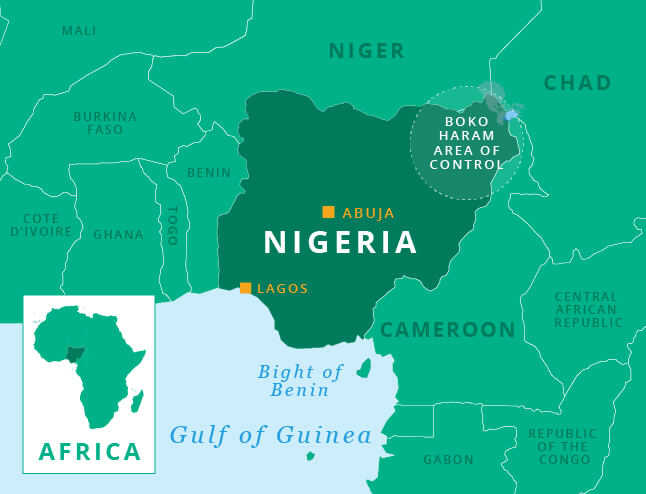

We have supported families in Nigeria who have been most affected by the crisis.
Working in partnership with ACTED, we have provided lifesaving items like tents, tarpaulins, shelter kits, kitchen sets, mosquito nets, water carriers, solar lights and blankets. Everything that families need to start rebuilding their lives.
We’ve helped over 11,000 families affected by the crisis in the Lake Chad Basin so far, but our work is not over yet.
We will be working again with our trusted partner ACTED to support more families with essential aid.
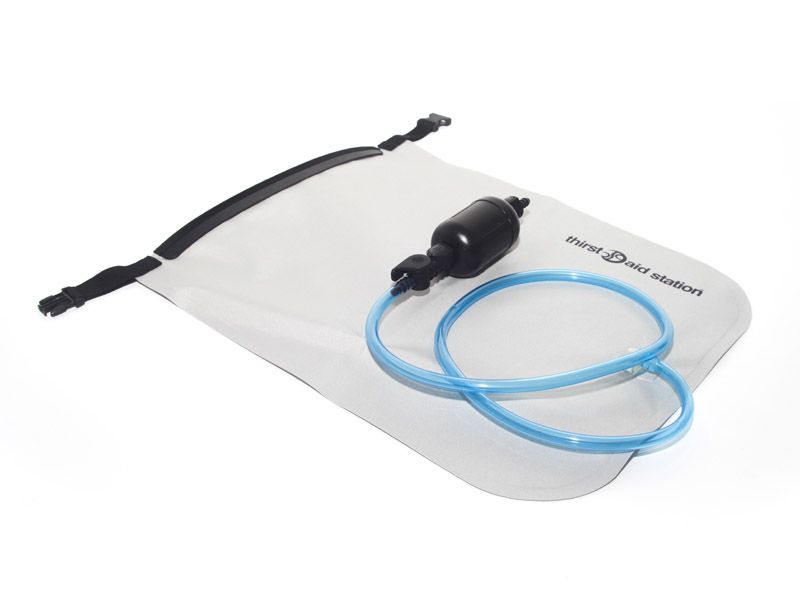
Water filters
By providing families with water containers and purification equipment, safe, clean drinking water becomes one less thing to worry about.

Kitchen sets
By providing cooking sets, containing a range of sturdy utensils, families can spend quality time together.
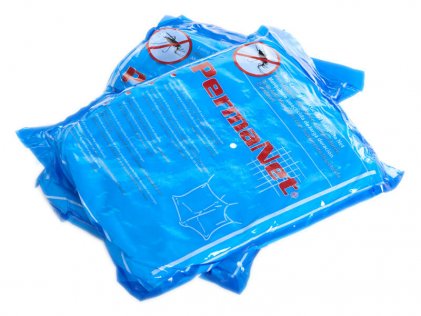
Mosquito nets
Our mosquito nets are coated with insecticide, which offers an extra layer of protection, a simple and effective way to keep families safe.
When the military evacuated their village, Falmata’s family got left behind.
Vulnerable – and afraid that they might be attacked – Falmata had no choice but to leave in search of a safer place.
When they reached a camp in the east of Nigeria, they lived in a school building with many other families. But an accidental fire destroyed the building, leaving them with nothing.
After the fire, the family received a shelter kit. Find out how Falmata’s family have started making a new life for themselves with the support of ShelterBox and ACTED.
